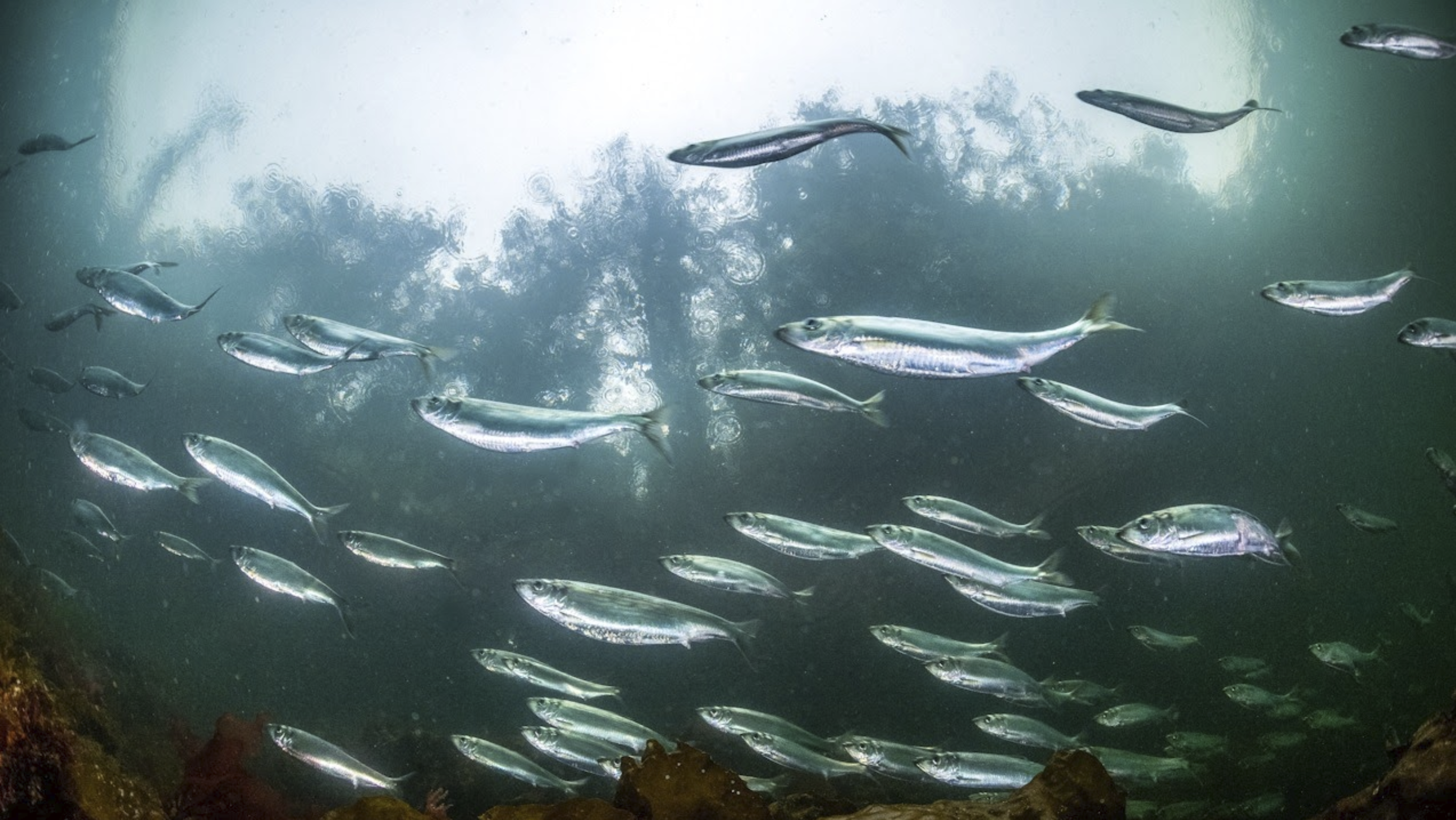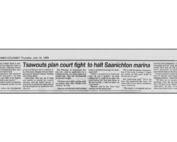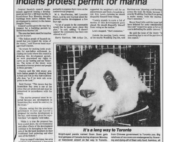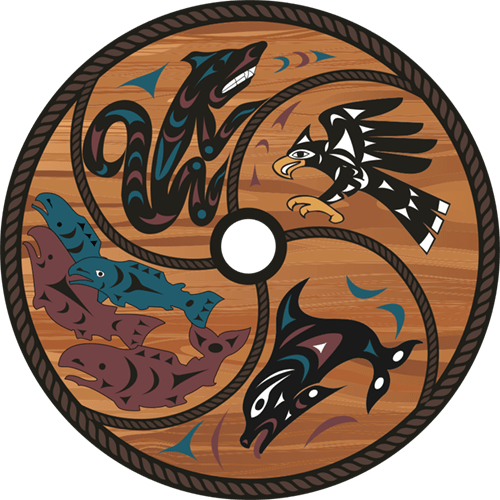WLC Requests Commercial Herring Fishery Moratorium and Calls Government to Task for Failing to Uphold Douglas Treaty Rights
Recently, DFO admitted that herring populations in the Salish Sea declined by 60% between 2016 and 2020. The loss of herring poses serious threats to the survival of Indigenous people and the entire marine food chain.
The sharp decline in herring populations is unsurprising to the WLC. While DFO claims that recent herring population numbers are some of the highest they have been since 1951—when DFO began collecting data—oral history and the archaeological record tell a different story:
- Herring populations were significantly larger before the establishment of the commercial herring fishery
- DFO’s tools to estimate herring populations use post-industrial population numbers as a baseline. This method measures the current health of the herring population in comparison to the already decimated herring populations of the 1950s.
- DFO consistently sets commercial herring quotas that over-estimate herring populations, contributing to overfishing and the current decline in herring populations.
Despite the critical importance of herring to all life in the region and the recent collapse of four of five herring populations on the Pacific Coast, DFO has not modified this year’s recommendations to reopen the Strait of Georgia commercial herring fishery. While the food and bait fishery has already opened in the Strait of Georgia, the roe fishery will open in early March 2020.
In response, the WLC—representing Tsartlip, Tsawout and Tseycum First Nations—delivered a letter to the DFO Minister calling for a moratorium on the commercial herring fishery within W̱SÁNEĆ territory. The continued operation of commercial herring fisheries is in direct violation of the W̱SÁNEĆ Douglas Treaty right to “carry on our fisheries as formerly,” which will be impossible should the fragile herring population collapse. The WLC plans to work with other First Nations throughout the Salish Sea to call for a broader moratorium in the near future.
The WLC is Joined by Advocacy Groups Distraught by Dangerously Low Herring Populations
The opening of the commercial herring fishery comes at a time when the WLC, neighbouring First Nations, conservation groups, business owners, and coastal communities are banding together to express their opposition.
On November 7 2019, the W̱SÁNEĆ Leadership Council co-hosted an event called HELIT TŦE SȽOṈ,ET (Let the Herring Live) to advocate for the health of the herring.
Attendees included representatives from Tsartlip First Nation, Tseycum First Nation, Tsawout First Nation, Cowichan Tribes, Klahoose First Nation, Kwaikah First Nation, Lyackson First Nation, Qualicum First Nation, Stz’uminus First Nation, Pacific Wild, Sea Shepherd, Conservancy Hornby Island, and over 20 other environmental groups.
The day-long event brought together new allies that had previously been advocating for the herring either alone or in small groups.
One by one, representatives from First Nations and environmental organizations reiterated the complex and critical role herring plays in the health of the ecosystem as a whole. Participants also spoke strongly of the importance of the herring as a key element in the cultural and physical well-being of Indigenous people. The lack of herring, as was stated time and time again, poses serious threats to the survival of Indigenous people and the entire marine food chain.
“Some people think of us as ocean going people, as being sustained by salmon. Yes we are sustained by salmon. But for us, in our area, herring was actually a greater protein resource then even salmon. That comes directly from our elders, but that knowledge, because herring have been depleted for such a long time, is almost gone.”
Tim Kulchyski, Cowichan Tribes
The forum closed with a nine point plan of action, delegated between attendees and covering aspects such as press releases, legal action, restoration work, and research on the health impacts that herring decimation has had on Coast Salish First Nations communities.The letter from the WLC is accompanied by public outcry from Pacific Wild, Sea Shepherd and others. In addition, Gord Johns, the Courtenay-Alberni MP and NDP Critic for Fisheries and Oceans, has tabled a written petition in the House of Commons, asking for an immediate suspension of commercial herring fisheries in the Strait of Georgia. Sign the petition here.
“The loss of herring has been called cultural genocide for coastal First Nations, who have lost access to important traditional foods and cultural practices.” Pacific Wild
RECENT POSTS
How are we doing?
“Some people think of us as ocean going people, as being sustained by salmon. Yes we are sustained by salmon. But for us, in our area, herring was actually a greater protein resource then even salmon. That comes directly from our elders, but that knowledge, because herring have been depleted for such a long time, is almost gone.”
Tim Kulchyski, Cowichan Tribes







